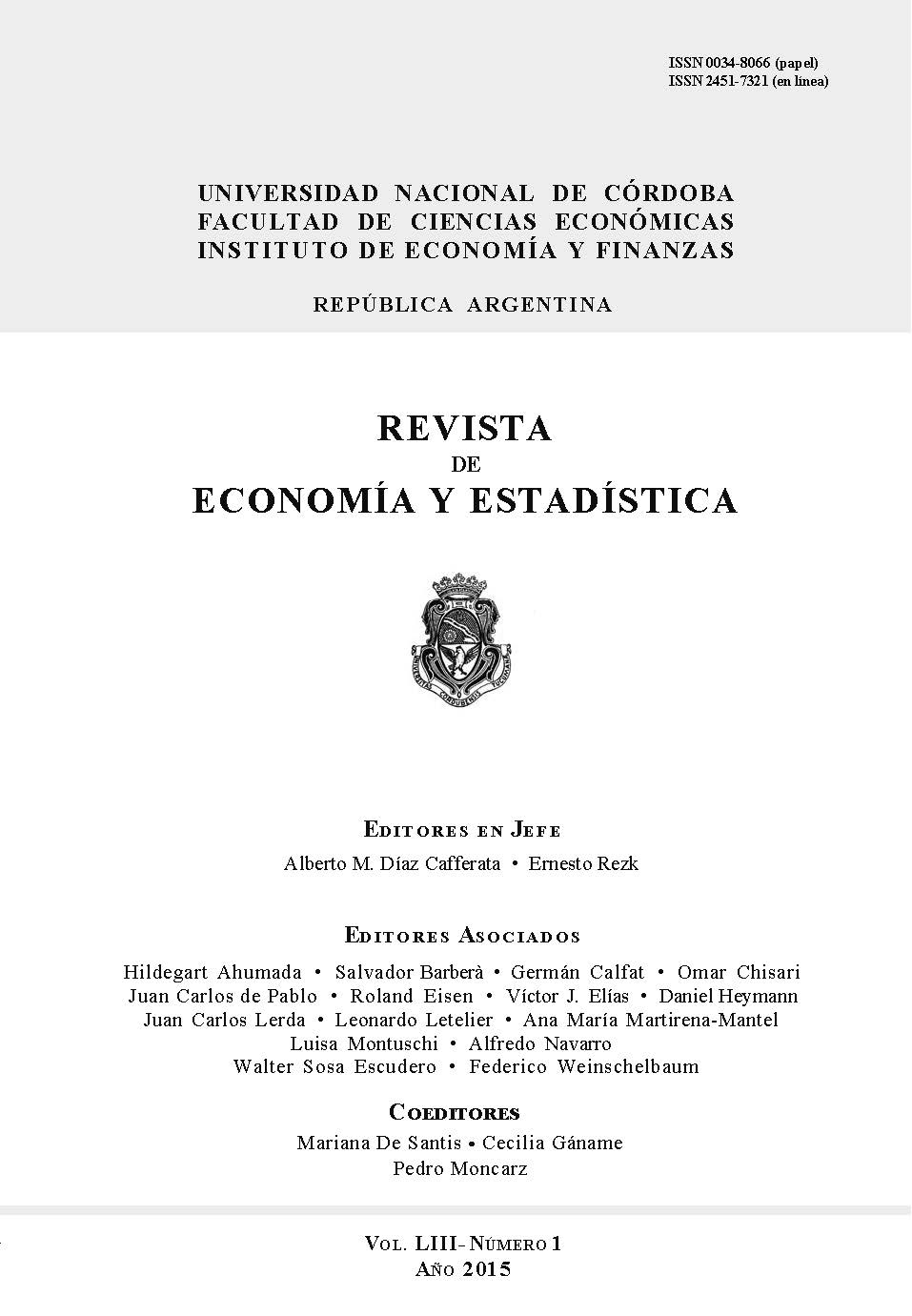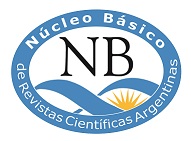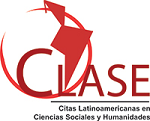An Interview with Fernando Heberto Navajas
DOI:
https://doi.org/10.55444/2451.7321.2015.v53.n1.16410Keywords:
interview, economists , Fernando NavajasAbstract
Fernando H. Navajas was born in La Plata, on 21 January 1955. He received a degree in economics at the Universidad Nacional de La Plata in 1978, completing his studies in Oxford, England, where he received his doctorate in 1985. Since November 2016 chairs the Asociación Argentina de Economía Política (AAEP). Professor at the Universidad Nacional de La Plata and Universidad de Buenos Aires, between 1986 and 1994 worked in the Buenos Aires office of the Economic Commission for Latin America and the Caribbean (ECLAC), and from 1994 at the Fundación de Investigaciones Económicas Latinoamericanas (FIEL). He is a member of the National Academy of Economic Sciences (ANCE) . His full CV is available at
http://www.fundacionkonex.org/b4878-fernando-navajas
Downloads
Downloads
Published
Issue
Section
License
Copyright (c) 2015 Juan Carlos De Pablo

This work is licensed under a Creative Commons Attribution-NonCommercial-NoDerivatives 4.0 International License.
Authors who have publications with this journal agree to the following terms:
Authors retain their copyright and grant the journal the right of first publication of their work, which is simultaneously subject to the Creative Commons Attribution-NonCommercial-NoDerivatives 4.0 International License that allows third parties to share the work provided that its author and first publication in this journal are indicated.
Authors may adopt other non-exclusive licensing arrangements for distribution of the published version of the work (e.g. depositing it in an institutional telematic archive or publishing it in a monographic volume) as long as the initial publication in this journal is indicated.
Authors are allowed and encouraged to disseminate their work via the Internet (e.g. in institutional telematic archives or on their website) before and during the submission process, which can lead to interesting exchanges and increase citations of the published work. (See The Open Access Effect)










